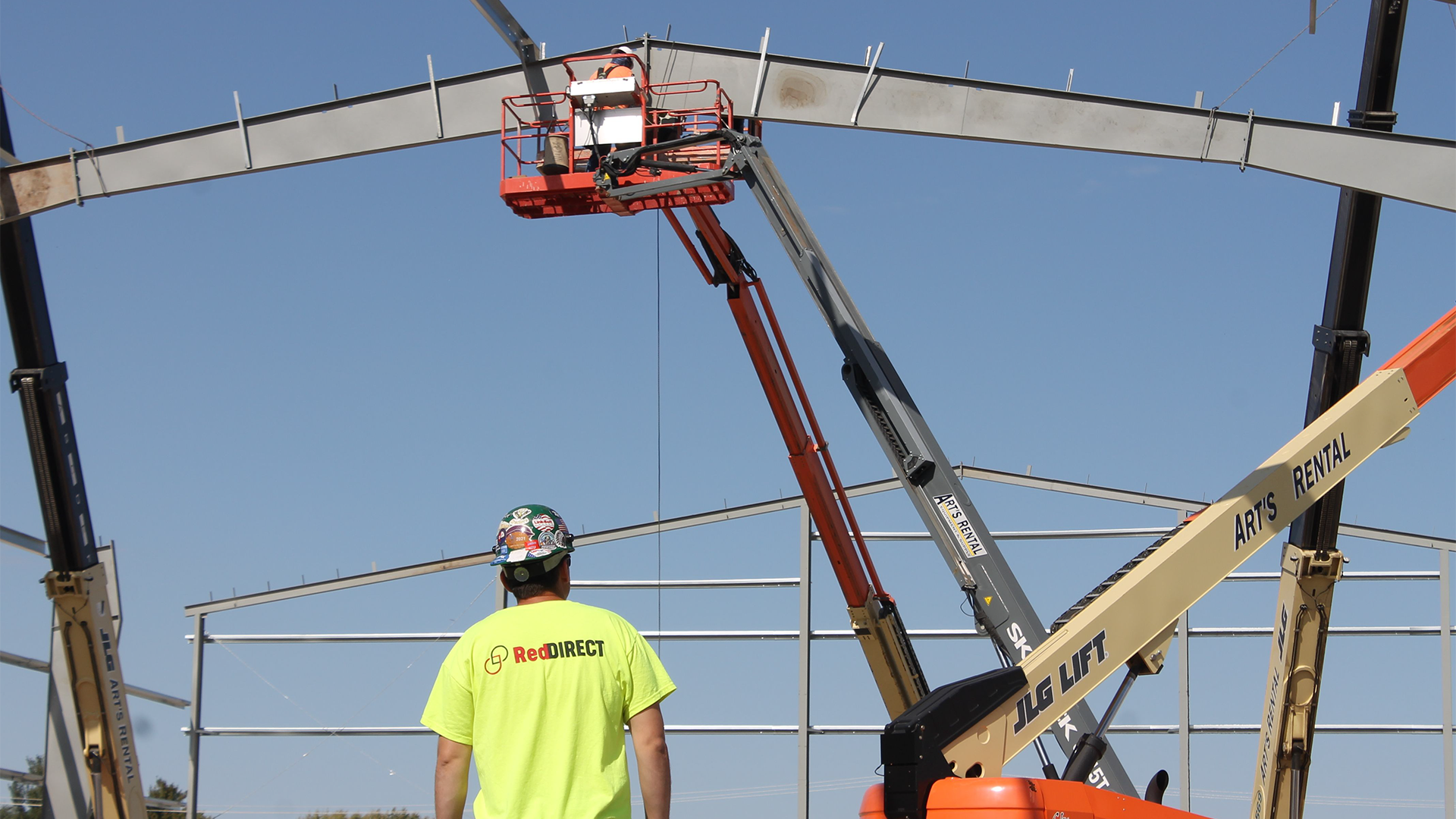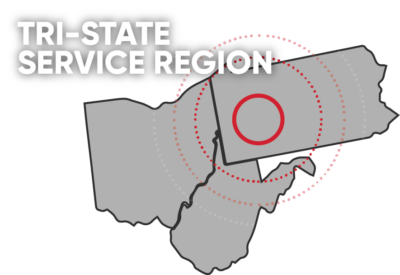Safety Starts with a Solid Structure
Every workplace has a responsibility to protect its people. Whether you’re running a distribution center, operating a manufacturing facility, or managing a storage site, the safety of your employees—and your investment—depends heavily on the building itself.
When it comes to workplace safety, steel buildings are more than just strong—they’re strategically engineered to reduce risk at every level. From fire prevention to structural stability, steel construction offers unique safety benefits that traditional materials simply can’t match.
This blog takes a closer look at how steel buildings support a safer work environment, and why they’re the smart choice for operations where safety comes first.
Structural Integrity You Can Rely On
Steel is one of the most stable and predictable construction materials available. Unlike wood, which can warp or crack under pressure, or masonry that can crumble over time, steel provides consistent strength and rigidity across all building components.
Pre-engineered steel buildings are designed to meet strict structural performance standards, including:
- Seismic resistance
- High wind loads
- Snow load requirements
- Fire safety ratings
This kind of engineering not only protects your physical assets—it helps prevent workplace injuries due to building failure or collapse.
Fire Resistance Built In
Fires pose a serious risk in any commercial or industrial setting. Fortunately, steel is naturally non-combustible, making it an ideal material for reducing fire hazards.
Steel buildings do not:
- Ignite or feed flames
- Emit toxic smoke
- Suffer rapid structural collapse under heat
In many cases, choosing steel can also help lower insurance premiums and improve compliance with local fire codes, while giving your employees valuable time to evacuate safely in case of emergency.
Better Air Quality and Health Protection
Moisture buildup, mold, and pest infestations are common problems in traditional buildings—especially those made with wood or porous materials. These conditions don’t just damage property; they also pose serious health risks to employees.
Steel buildings are resistant to:
- Mold and mildew growth
- Pest infestation
- Allergens and airborne spores
When paired with high-efficiency HVAC systems and proper insulation, steel facilities promote better indoor air quality, contributing to employee health, productivity, and comfort.
Reduced Maintenance = Fewer Hazards
One of the lesser-talked-about benefits of steel construction is how it reduces the need for ongoing maintenance—therefore minimizing workplace hazards that can arise from structural wear and tear.
With steel:
- Roofs don’t sag or leak
- Frames don’t shift or rot
- Walls remain structurally sound for decades
This means fewer ladders, fewer patch jobs, and fewer chances for on-site injuries during repairs.
Custom Safety Features and Layout Control
Because steel buildings are fully customizable, you can incorporate built-in safety features from the very start, such as:
- Emergency exits and wide egress points
- Overhead cranes and structural supports
- Ventilation systems for hazardous materials
- Fire barriers and safety-rated wall systems
- High-visibility lighting and skylights
PEMBs also offer flexible interior layouts, allowing employers to optimize workflow and reduce congestion, minimizing the risk of accidents caused by cramped or cluttered workspaces.
Resilience in Extreme Conditions
If your business operates in a high-risk environment—such as hurricane zones, seismic regions, or areas with extreme heat or cold—safety starts with choosing the right materials.
Steel buildings are engineered to hold up in extreme conditions:
- Wind-resistant framing
- Earthquake-friendly flexibility
- Fire resistance in hot, dry climates
- Snow load engineering in cold-weather zones
These buildings can be customized to regional threats, helping ensure your team remains safe during even the most intense weather events.
Steel in Action: A Safer Workplace by Design
Many industrial and commercial businesses have already experienced the safety benefits of steel. From food processing plants with contamination controls to logistics hubs with forklift-friendly layouts, PEMBs have helped reduce accidents, improve air quality, and limit fire risk—all while meeting modern building safety codes.
Investing in a steel building isn’t just about strength—it’s about protecting the people who keep your business running.
A Safer Future Starts with Better Building Choices
At the end of the day, workplace safety depends on both good practices and good infrastructure. By choosing steel, you’re creating a stronger foundation for safety from day one.
Steel buildings offer resilience, flexibility, and built-in protection that give your team the tools they need to work with confidence. From layout planning to air quality to fire prevention, the benefits of steel construction reach every corner of the workplace.


